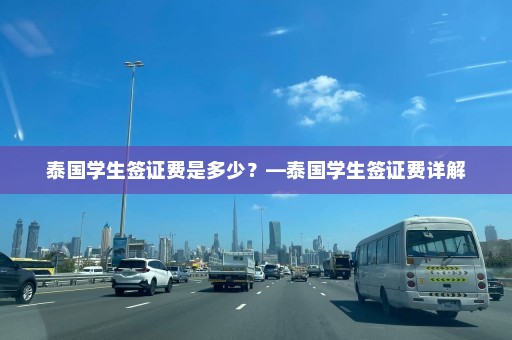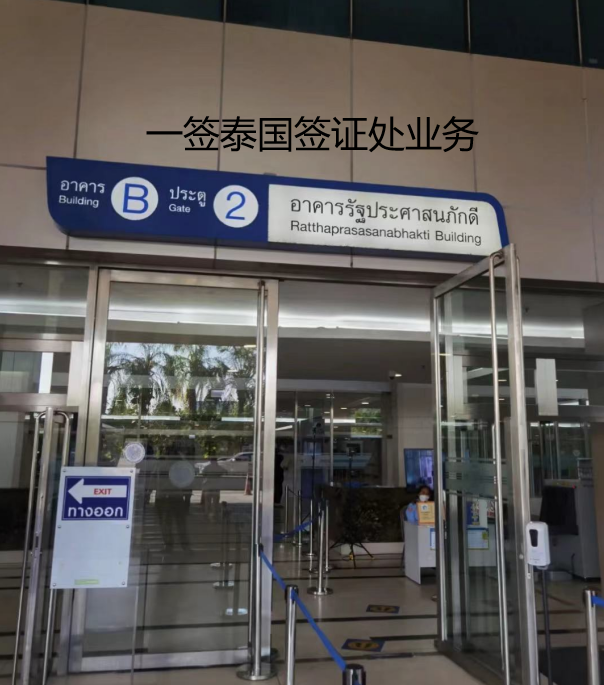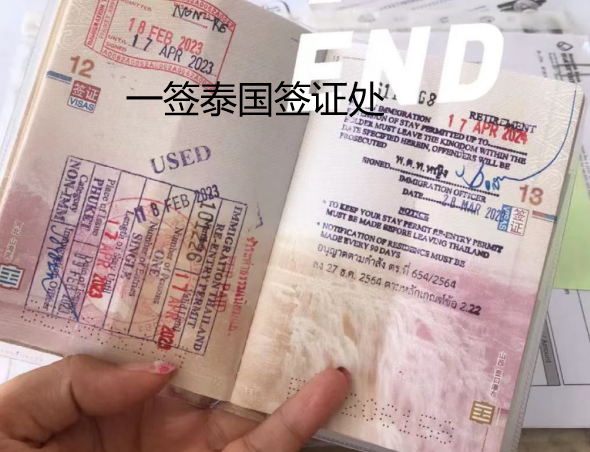Unlocking the Thai Retirement Visa: A Detailed Guide for English Speakers
- 常见问题
- 2024-11-15
- 29
This comprehensive guide, "Exploring the Thai Retirement Visa: A Comprehensive Guide for English Speakers," delves into the process and requirements for obtaining a Thai retirement visa. It offers valuable insights for English-speaking retirees, covering eligibility, documentation, and the benefits of living in Thailand on a retirement visa.

Introduction:
Thailand, renowned for its tropical climate, vibrant culture, and reasonable living costs, has emerged as a sought-after destination for retirees aiming for a serene and opulent lifestyle. Among the most coveted visas in Thailand is the Retirement Visa, which permits foreigners to reside in the country for an extended duration. This article endeavors to offer a thorough guide for English speakers contemplating the acquisition of a Thai Retirement Visa.
What is the Thai Retirement Visa?
The Thai Retirement Visa, officially designated as the Non-Immigrant O-A Visa, is tailored for foreign retirees who aspire to stay in Thailand for up to five years. This visa is renewable on an annual basis and can potentially lead to permanent residency status.
Eligibility Criteria:
Eligibility for the Thai Retirement Visa is contingent upon meeting the following prerequisites:
- Be at least 50 years of age.
- Enjoy a monthly income of at least 65,000 Thai Baht (approximately $2,000) from an international source.
- Hold a bank account with a minimum balance of 800,000 Thai Baht (about $25,000) or have a pension plan that guarantees an equivalent income.
Application Process:
The process of applying for the Thai Retirement Visa involves several key steps:
- Gather Required Documents: Before initiating the visa application, ensure that you possess all necessary documents, such as a valid passport, proof of age, proof of income, and bank statements.
- Submit Application: Visit the Royal Thai Embassy or Consulate in your country of residence and submit your application along with the required documents.
- Visa Approval: Upon approval of your application, you will receive a temporary visa sticker in your passport. Subsequently, you must travel to Thailand to convert this temporary visa into a residence permit.
- Convert to Residence Permit: Upon arrival in Thailand, you will need to visit the Immigration Office to convert your temporary visa into a residence permit. This conversion necessitates the submission of additional documents, including a completed application form, a recent health certificate, and proof of accommodation.
Benefits of the Thai Retirement Visa:
- Extended Stay: The Thai Retirement Visa permits you to stay in Thailand for up to five years, with the option to renew annually.
- Travel Freedom: Visa holders enjoy unrestricted travel in and out of Thailand.
- Access to Public Services: Retirees with a Thai Retirement Visa can access public services like healthcare and education, albeit they may not qualify for government subsidies.
- Quality of Life: Thailand offers an exceptional quality of life at a more affordable price compared to many other countries. Its warm climate, delightful cuisine, and amicable locals make it an ideal retirement haven.
- Investment Opportunities: Retirees can invest in property or businesses in Thailand, albeit they must adhere to specific regulations and obtain the required permits.
Considerations for Retirees:
While the Thai Retirement Visa presents numerous benefits, retirees should also consider the following:
- Language Barrier: Although English is widely spoken in tourist areas, learning Thai can enrich your experience and facilitate integration into local communities.
- Healthcare: Thailand is celebrated for its high-quality healthcare services at a fraction of the cost compared to Western countries. However, some retirees may prefer to secure medical coverage through international insurance plans.
- Weather: Thailand boasts a tropical climate with hot and humid weather year-round. Some retirees may find adjusting to the heat and humidity challenging.
- Cost of Living: While living expenses in Thailand are generally lower than in Western countries, careful budget planning and consideration of unforeseen expenses are crucial.
Conclusion:
The Thai Retirement Visa presents a unique opportunity for English-speaking retirees to savor a high-quality lifestyle in a picturesque and culturally abundant country. By comprehending the eligibility criteria, application process, and considerations, you can make an informed decision regarding whether a Thai Retirement Visa aligns with your aspirations.
For further inquiries or clarification regarding the Thai Retirement Visa, please do not hesitate to contact us!
声明:本网站文章部分来源网络,版权归属原作者,部分文章推送时未能及时与原作者取得联系,若来源标注错误或侵犯到您的权益烦请告知邮箱:256 231 235 @qq.com,我们将立即删除!
本文链接:http://www.mlqz7777.com/qz232199.html













